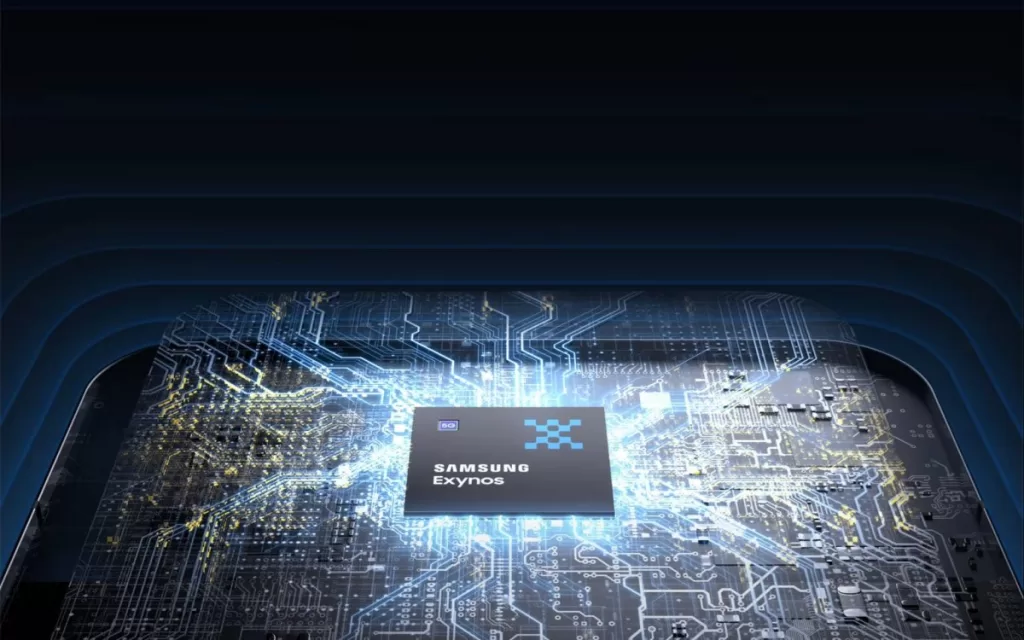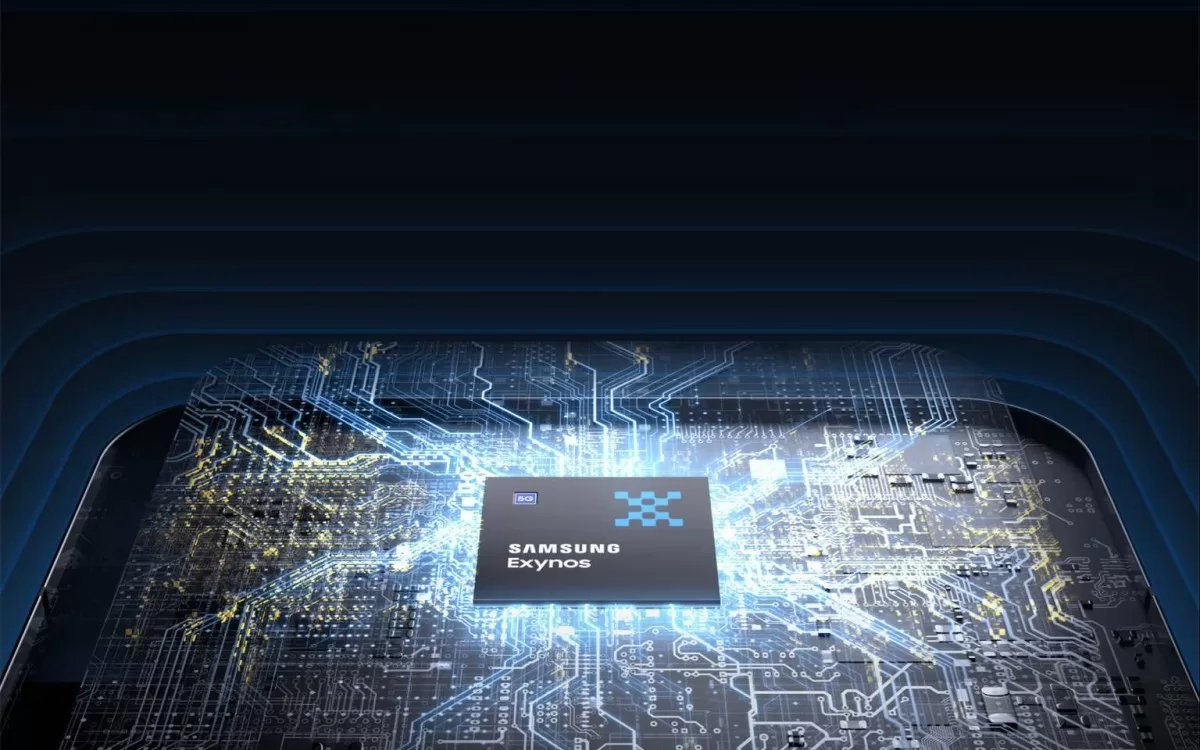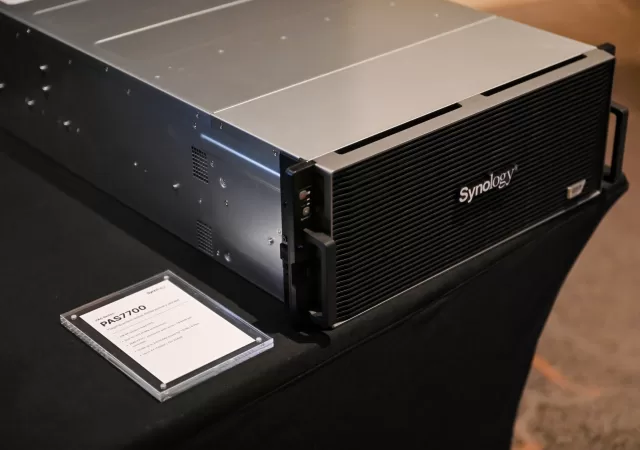Samsung has officially confirmed a significant leap forward in its mobile chip development. The company’s upcoming Exynos 2600 will be the first 2nm chip to be used in a flagship smartphone. This confirmation came from a Samsung executive at a semiconductor forum, putting to rest months of speculation and signalling a new era of mobile processing power for Samsung Foundry.

The Technical Leap and Its Implications
For those who aren’t deeply invested in the world of semiconductors, a smaller process node like 2nm is a big deal. The “nm” in 2nm refers to a measurement in nanometers, representing the size of the transistors on a chip. A smaller number means more transistors can be packed into the same amount of space, which has two major benefits.
First, it allows for improved performance, as more transistors can perform more calculations at the same time. Second, it leads to better power efficiency, as the transistors can operate with less power, which in turn means better battery life for the end user. The move from the current 3nm standard to a 2nm process is a significant jump that could lead to a noticeable difference in performance and battery life.
This could have major implications for Samsung’s future flagship phones. The Exynos 2600 is expected to be used in the upcoming Galaxy S26 series, likely in some regions, and it could give Samsung a significant competitive advantage. With the promise of improved performance and power efficiency, the new chip could lead to a better user experience, with faster app loading times, smoother multitasking, and longer battery life. This is a move that could help Samsung solidify its position in the premium smartphone market and give it a leg up on its competitors.
Samsung Foundry’s Big Move to Regain Marketshare
Samsung’s move to a 2nm node is a bold one that could reshape the mobile chip market. For several years, Samsung Foundry has been struggling to keep up with its main competitor, TSMC, and has lost out on key business deals and market share. This technological leap is a clear signal that the company is committed to pushing the boundaries of what is possible in mobile processing and is a key strategy to regain some of that lost business. By being the first to market with this technology, Samsung hopes to attract new clients and prove that its foundry is competitive in the most advanced segment of chip manufacturing.






